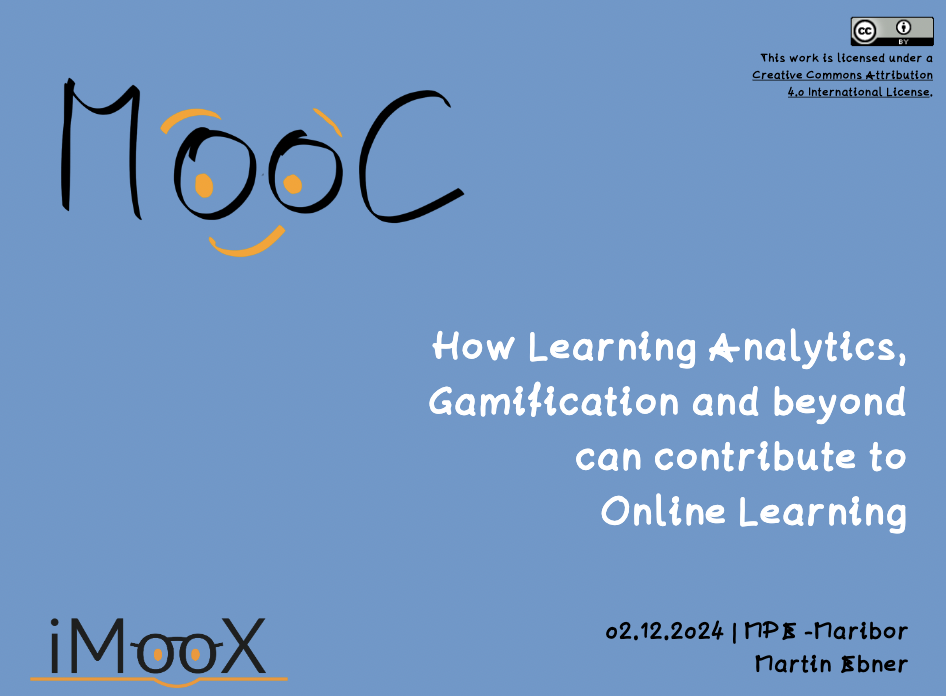Together with my colleagues, we contributed to the EUNIS 2024 conference in Athen with a publication about „Examining IT Infrastructures for Learning and Teaching in the European University Alliance Unite!„
Abstract: In the digital era, European University Alliances like „Unite!“ work to reshape tertiary education by bridging nine prominent universities to champion regional integration, technology transfer, and quality science and engineering education. This paper delineates the methodologies used to harmonize varied IT infrastructures visualizations and descriptions across partner institutions, fostering knowledge sharing and facilitating standardized IT landscape comparisons. The absence of a general universal approach in representing teaching-related IT systems in higher education propelled the development of a unique, synchronized representation methodology. The paper offers a look at TU Graz’s digital infrastructure as an illustrative example. Through iterative collaboration, the alliance will develop a comprehensive IT infrastructure report, aiming to serve as a valuable blueprint for other educational entities.
[publication @ EasyChair]
[publication @ ResearchGate]
Reference: Ebner, M., Schön, S., Alcober, J., Bertonasco, R., Herczak-Ciara, A., Hoppe, C., Langevin, E., Gasplmayr, K., Reignier-Tayar, N., Martikainen, J., Laurent, R., Leitner, P., Petersson, J., Silva, F. M. D., Steitz, K., Taraghi, B., & Wuerz, A. (2025). Examining IT Infrastructures for Learning and Teaching in the European University Alliance Unite! In R. Vogl, L. Desnos, J.-F. Desnos, S. Bolis, L. Merakos, G. Ferrell, E. Tsili, & M. Roumeliotis (Hrsg.), Proceedings of EUNIS 2024 annual congress in Athens (Band 105, S. 276-283). (EPiC Series in Computing). EasyChair Ltd. https://doi.org/10.29007/6n28




